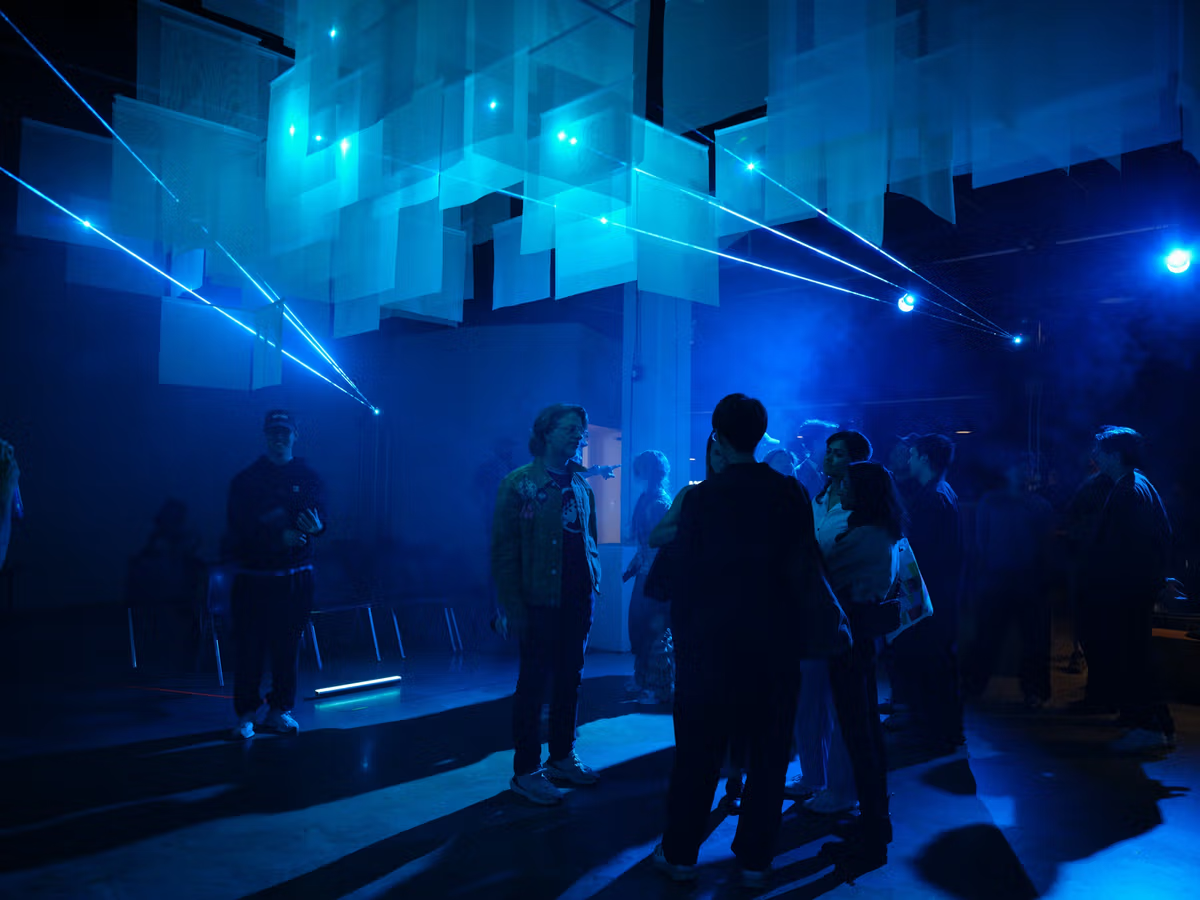Vancouver’s Influential Media Arts Centre Faces Closure Without Urgent Funding
After five decades of nurturing creativity and innovation, Vancouver’s Vivo Media Arts Centre is facing possible closure unless it can raise C$50,000 ($35,800) by the end of the year.
In a recent announcement, the artist-run media centre and video distribution library appealed for urgent public support, citing an escalating rent crisis.
“We are facing a rent affordability crisis that threatens our ability to serve artists and the community at the level we have sustained for five decades,” the statement read. “The city of Vancouver has increased our rent by 30% and imposed annual hikes that far outpace our funding sources.”
That 30% increase, the centre noted, equals the entirety of the operating funds it receives from the city, leaving nothing for staff salaries or programming.
Vivo’s manager, Carla Ritchie, said the issue extends beyond rent.
“This crisis is about protecting jobs for local artists, preserving cultural infrastructure, and ensuring Vancouver doesn’t lose one of its longest-standing artist-run centres,” she told The Art Newspaper. “Without help, the impact will ripple through the city’s cultural landscape, affecting thousands of artists, organisations, and students who depend on Vivo’s resources, mentorship, and archives.”
So far, the fundraising campaign has brought in nearly C$9,500 ($6,800). The centre hopes to secure enough to cover operations and staff costs through the end of this year and into early 2026, before new funding arrives in January.
Founded in 1973 by a group of artists following the Matrix Video Conference at the Vancouver Art Gallery, Vivo began as a public video library promoting non-commercial uses of video technology. Over time, it expanded into equipment rentals, workshops, exhibitions, and residencies, evolving into a key hub for media artists. Known in its early years as the Video Inn, the centre became a creative meeting place for emerging artists.
Vivo has supported and collaborated with renowned artists such as Paul Wong, Abbas Akhavan—who will represent Canada at the next Venice Biennale—and Hank Bull. It has hosted events like the Vancouver New Music Festival and various performance art biennials.
Its Crista Dahl Media Library and Archive, home to more than 5,000 video titles, along with print and photo collections, is considered one of Canada’s most significant repositories of independent video art. The archive includes vital projects such as the Women’s Labour History Project, the First Nations Access Program, and Vancouver Status of Women.
Paul Wong, a multidisciplinary artist who helped create the centre’s first video library in the 1970s, expressed deep concern over its uncertain future.
“Vivo was my work, my life, and my community—it still is,” Wong said. “It has been an incubator for countless artists across Canada and beyond, and remains at the forefront of innovative, experimental, and non-commercial digital art.”
Vancouver city councillor Pete Fry, who serves on the Council Arts and Culture Advisory Committee, said he doubts the city will step in to resolve the centre’s financial crisis.
“Vivo is a wonderful example of artist-run excellence, but it’s falling victim to runaway land speculation, gentrification, and political indifference,” Fry said. “The city’s real estate department prioritises ‘highest and best use,’ while the current council majority pursues austerity measures in an election year.”
In response, a city spokesperson reaffirmed Vancouver’s appreciation for the arts centre’s contributions, noting that the city has provided C$326,338 in grants since 2020 for operations, infrastructure, and programming.
“We recognise that many arts and culture organisations are struggling with rising costs and sector-wide challenges,” the statement read. “The city remains committed to working with partners across the sector to strengthen cultural infrastructure and support a sustainable arts community in Vancouver.”



0 Comments